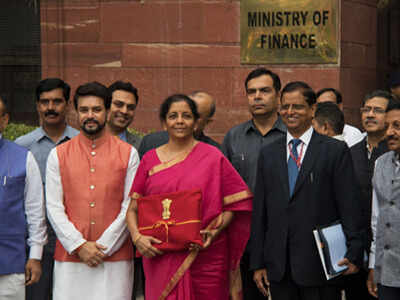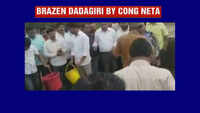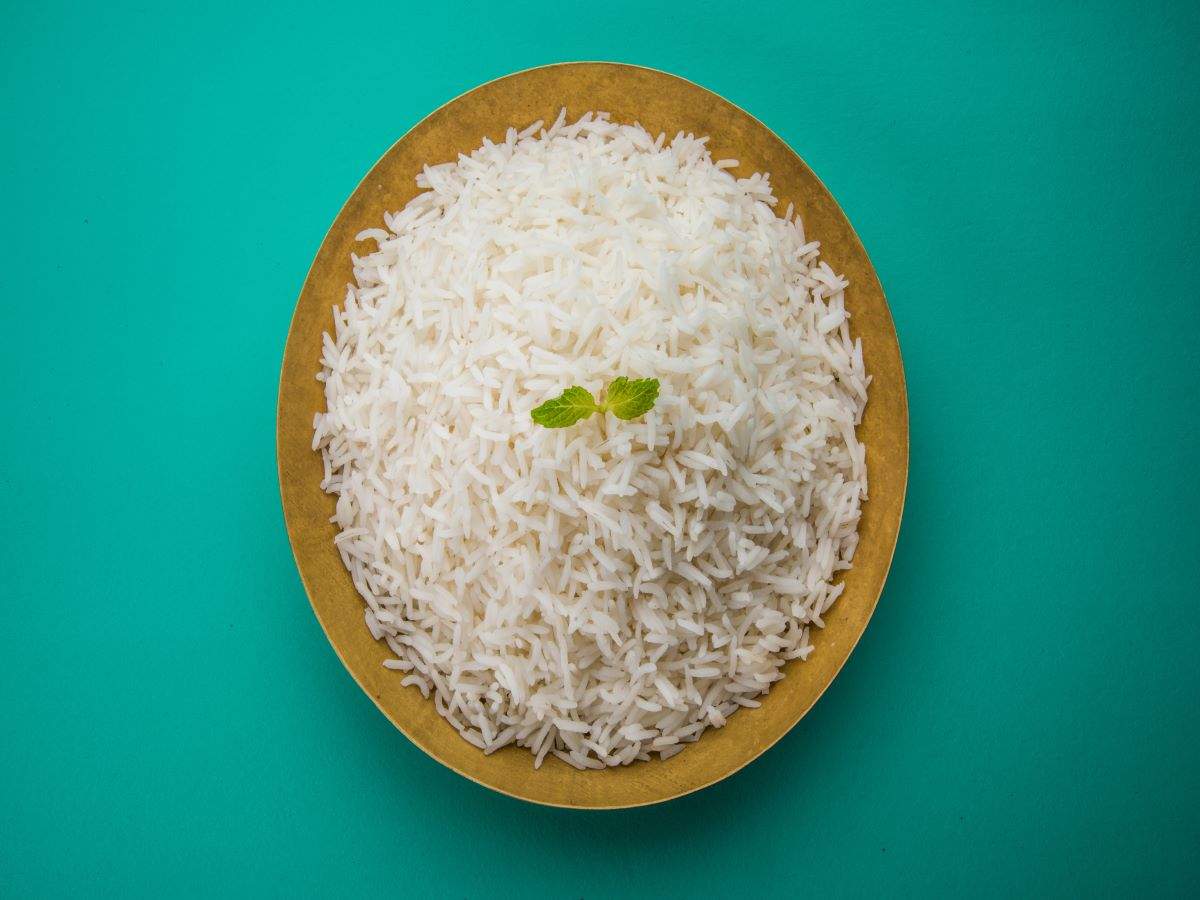
MUMBAI: Friday's Union Budget 2019 evoked long faces rather than happy ones as respondents feel it brings little to the salaried class and senior citizens. While people are relieved that no new taxes have been levied, the rise in fuel prices makes them wish the income tax exemption slab had been raised to offset the certain inflation that lies in store.
The few bright spots in Budget 2019 are impetus for clean energy through electrical vehicles and additional housing subsidy for homes costing up to Rs 45 lakh, although houses within Mumbai are scarcely available for double that sum.
However, Maharashtra CM Devendra Fadnavis said, "This is a visionary budget which will steer India with even greater speed towards a 5 trillion dollar economy. The micro economic scenario is more inclusive with more stress on infrastructure creation with a whopping target of Rs 100 lakh crore in 5 years."
The common man is wary of the two-rupee increase in excise-cess on petrol and diesel, which will make everyday commodities, freight and transportation more expensive. "This will increase my monthly expenses by Rs 125 to Rs 150 (annually Rs 1,500 to 1,800)," said Varun Kamath, who drives his car to office daily.
Transport unionist Bal Malkit Singh of the All India Motor Transport Congress said, "An increase in diesel cess plus the new levy of 2% TDS on withdrawing more than Rs 1 crore in cash annually will cripple our sector that is the backbone of the economy."
Farmers and their union leaders expressed disappointment. They said that despite talking about doubling farmers' income by 2022, the government has made no provision to realise this election slogan. "In fact, with the increase in fuel prices, our input cost will go up. Coupled with the negligible increase in minimum support price (MSP) this year, we will continue to struggle," said Ajit Navale of the All India Kisan Sabha.
Gold and silver will become more expensive with a rise in import duty of gold from 10% to 12.5%. The All India Gem and Jewellery Domestic Council (GJC) said the move was "not in tune with Make in India principles" and will have a negative impact on indigenous industry driven by 55 lakh skilled labour force and craftsmen.
GJC chairman Anantha Padmanaban said, “Coupled with GST, this move will make gold expensive and encourage smuggling. Genuine and law-abiding businessmen will get affected." Shaankar Sen, vice chairman, said, "The government has exempted start-ups that receive funds or investment from scrutiny, but the gems and jewellery sector neither gets funds nor investments, yet is always under scrutiny. Jewellers who are fighting for survival will get tempted towards grey market dealings."
Imported books have become more expensive which will further dilute the reading habit among the social media generation. Herin Keniya, store manager of Granth Bookstore, said, "About 40% of the books we sell are imported as their publishers don't have publishing rights in India. These will become costlier. Of course we are hoping the booksellers' association will take up the matter with the government."
Elderly Gandhians welcomed finance minister Nirmala Sitharaman's announcement to prepare an online database of Mahatma Gandhi's life and works, although the Sarvodaya Mandal in Mumbai does exactly that. TRK Somaiya, its nonagenarian president, said, "Earlier too, the government had allotted Rs 5 crore to Ahmedabad's Sabarmati Ashram to put all books by Gandhiji online. The ashram scanned and uploaded thousands of pages but the server became so heavy that readers could not download anything. We ourselves have an exhaustive web site of Gandhiji's books, written not only by him but also about him, which we built 20 years ago and manage within a mere Rs 2 lakh a year.
The few bright spots in Budget 2019 are impetus for clean energy through electrical vehicles and additional housing subsidy for homes costing up to Rs 45 lakh, although houses within Mumbai are scarcely available for double that sum.
However, Maharashtra CM Devendra Fadnavis said, "This is a visionary budget which will steer India with even greater speed towards a 5 trillion dollar economy. The micro economic scenario is more inclusive with more stress on infrastructure creation with a whopping target of Rs 100 lakh crore in 5 years."
The common man is wary of the two-rupee increase in excise-cess on petrol and diesel, which will make everyday commodities, freight and transportation more expensive. "This will increase my monthly expenses by Rs 125 to Rs 150 (annually Rs 1,500 to 1,800)," said Varun Kamath, who drives his car to office daily.
Transport unionist Bal Malkit Singh of the All India Motor Transport Congress said, "An increase in diesel cess plus the new levy of 2% TDS on withdrawing more than Rs 1 crore in cash annually will cripple our sector that is the backbone of the economy."
Farmers and their union leaders expressed disappointment. They said that despite talking about doubling farmers' income by 2022, the government has made no provision to realise this election slogan. "In fact, with the increase in fuel prices, our input cost will go up. Coupled with the negligible increase in minimum support price (MSP) this year, we will continue to struggle," said Ajit Navale of the All India Kisan Sabha.
Gold and silver will become more expensive with a rise in import duty of gold from 10% to 12.5%. The All India Gem and Jewellery Domestic Council (GJC) said the move was "not in tune with Make in India principles" and will have a negative impact on indigenous industry driven by 55 lakh skilled labour force and craftsmen.
GJC chairman Anantha Padmanaban said, “Coupled with GST, this move will make gold expensive and encourage smuggling. Genuine and law-abiding businessmen will get affected." Shaankar Sen, vice chairman, said, "The government has exempted start-ups that receive funds or investment from scrutiny, but the gems and jewellery sector neither gets funds nor investments, yet is always under scrutiny. Jewellers who are fighting for survival will get tempted towards grey market dealings."
Imported books have become more expensive which will further dilute the reading habit among the social media generation. Herin Keniya, store manager of Granth Bookstore, said, "About 40% of the books we sell are imported as their publishers don't have publishing rights in India. These will become costlier. Of course we are hoping the booksellers' association will take up the matter with the government."
Elderly Gandhians welcomed finance minister Nirmala Sitharaman's announcement to prepare an online database of Mahatma Gandhi's life and works, although the Sarvodaya Mandal in Mumbai does exactly that. TRK Somaiya, its nonagenarian president, said, "Earlier too, the government had allotted Rs 5 crore to Ahmedabad's Sabarmati Ashram to put all books by Gandhiji online. The ashram scanned and uploaded thousands of pages but the server became so heavy that readers could not download anything. We ourselves have an exhaustive web site of Gandhiji's books, written not only by him but also about him, which we built 20 years ago and manage within a mere Rs 2 lakh a year.
World Cup 2019
Trending Topics
LATEST VIDEOS
City
 Kolkata's Muslim majority Khidirpur area celebrates Rath Yatra with great fervour
Kolkata's Muslim majority Khidirpur area celebrates Rath Yatra with great fervour  Mentally challenged woman mercilessly thrashed by locals in Karnataka's Shimoga
Mentally challenged woman mercilessly thrashed by locals in Karnataka's Shimoga  Congress MLA Nitesh Rane instigates mob to throw mud water on engineer, tie him up as 'punishment' for bad roads
Congress MLA Nitesh Rane instigates mob to throw mud water on engineer, tie him up as 'punishment' for bad roads  On cam: Goons threatening residents in Bengaluru
On cam: Goons threatening residents in Bengaluru
More from TOI
Navbharat Times
Featured Today in Travel
Quick Links
Lok Sabha Election Schedule 2019Lok Sabha Election NewsDelhi Capitals teamMI team 2019Rajasthan Royals 2019RCB team 2019Maharashtra Lok Sabha ConstituenciesBJP Candidate ListBJP List 2019 TamilnaduShiv Sena List 2019AP BJP List 2019Mamata BanerjeeBJP List 2019 MaharashtraPriyanka GandhiBJP List 2019 KarnatakaAMMK Candidate List 2019BJP List 2019 WBLok Sabha Elections in Tamil NaduBSP List 2019 UPNews in TamilLok Sabha Poll 2019Satta Matka 2018PM ModiMahagathbandhanNagpur BJP Candidate ListChandrababu NaiduTamil Nadu ElectionsUrmila MatondkarNews in TeluguMadras High CourtTejashwi YadavArvind KejriwalTejasvi SuryaPawan KalyanArvind KejriwalYogi AdityanathJaya PradaSatta King 2019Srinagar encounter
Get the app




